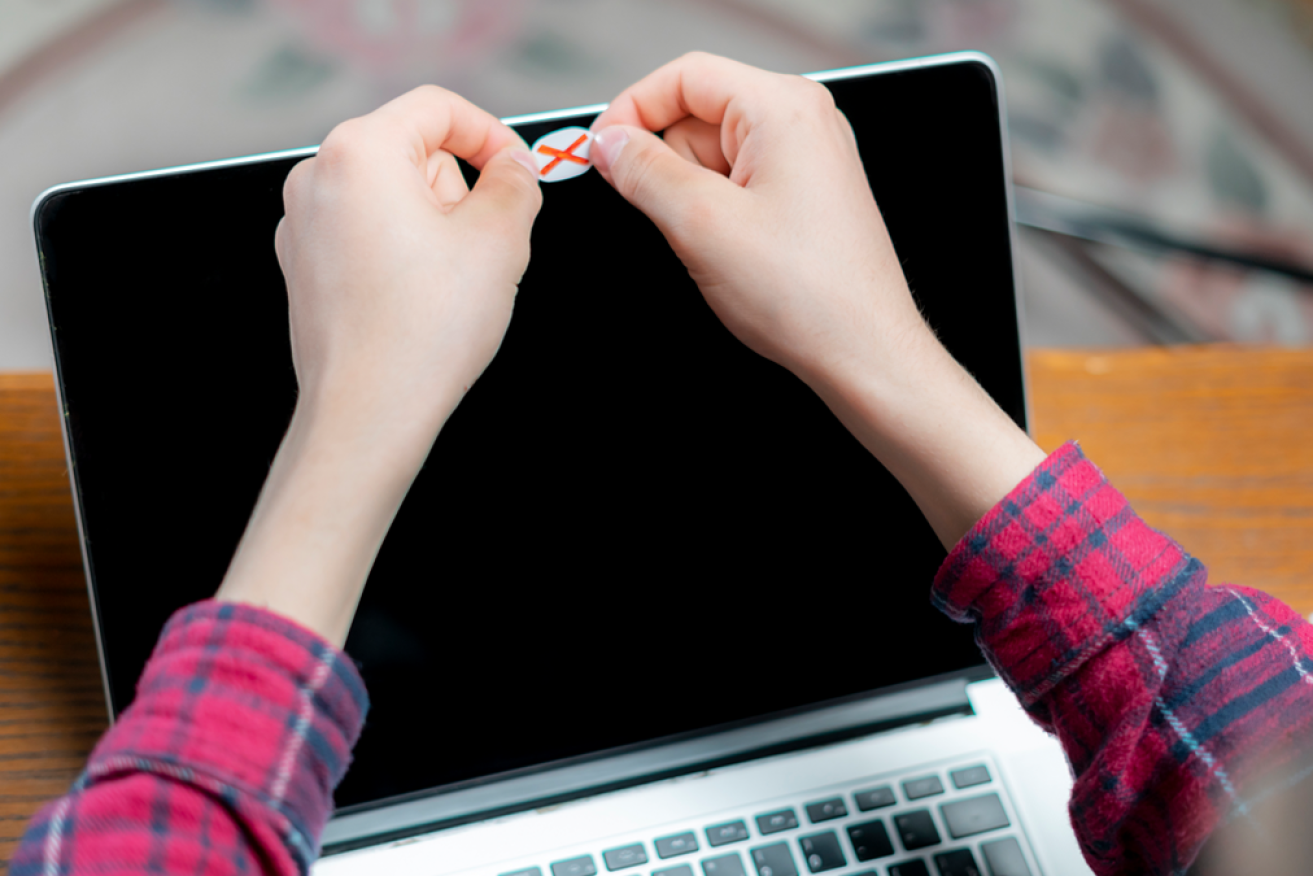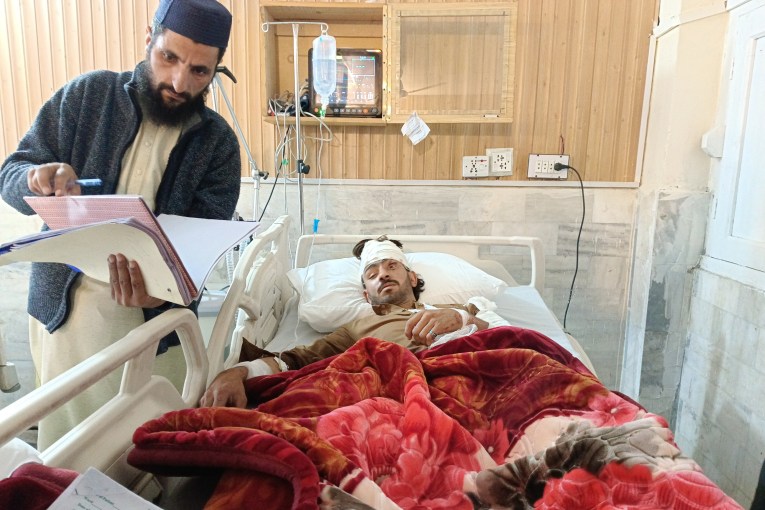Working from home is a ‘good opportunity’ for hackers to take control of your webcam


Camfecting still poses a high risk while Australians work and study from home. Photo: Getty
With many Australians still working from home, a cybersecurity expert has warned that we’re more prone than ever to ‘camfecting’ attacks.
Camfecting is a kind of Trojan horse attack where a hacker uses someone’s webcam to secretly record them.
Just like the mythological wooden horse, these Trojan horse viruses trick people into inviting nefarious actors into otherwise secure locations.
The viruses infect computers when people click on relatively innocuous-looking links or email attachments.
“Since last year, people have been home a lot more,” UNSW Professor Salil Kanhere told The New Daily.
“So it’s probably a good opportunity for people who really want to launch these attacks to exploit that.”
Professor Kanhere said incidents of camfecting in Australia are hard to track, because many people are uncomfortable admitting they’ve been recorded in a compromising situation.
Other people simply don’t realise what’s happened.
“So unfortunately, some of this doesn’t get reported widely,” he said.
How camfecting works
Hackers often send random emails posting as a bank or courier service.
When people open links or attachments in these emails, the hackers can infect their computers with software to covertly control their webcam.
“It wasn’t always this easy – not too long ago hackers needed to write the malware, which meant they needed specialist computer programming knowledge,” Professor Kanhere said.
“Nowadays, Trojan horses and all the tools needed to launch such attacks can be bought and sold on the dark web.”
Typically these attacks are targeted, he added.
Hackers then use footage to extort the individual in question.
“It’s a very perverted truth, but it happens,” Professor Kanhere said.
However, it’s worth remembering that some scam emails claim to have taken control of someone’s webcam to record them naked (or worse) when in actual fact it’s just a hollow threat.
If you receive a random email alleging something you have no recollection of and asking for money, it might just be fake.
The solution is in front of you
“Covering your webcam with tape or something is just such a low-tech way to protect yourself against these attacks,” Professor Kanhere told TND.
It’s a solution favoured by the likes of Facebook founder Mark Zuckerberg and former FBI director James Comey.
Some shops even sell plastic covers that can open or close whenever you need your webcam.
For people who are working or studying from home – be it in the lounge room, dining room or bedroom – protection can even be as simple as closing your laptop when you’re not using it.
“There’s no need to keep the laptop open and let it have a whole view of your home,” he said.
“Particularly now, because we’re sitting in the living room, and it has this whole view of what’s happening behind us.”
Good antivirus software is also essential for detecting any unwanted malware that could lead to these kinds of attacks.








